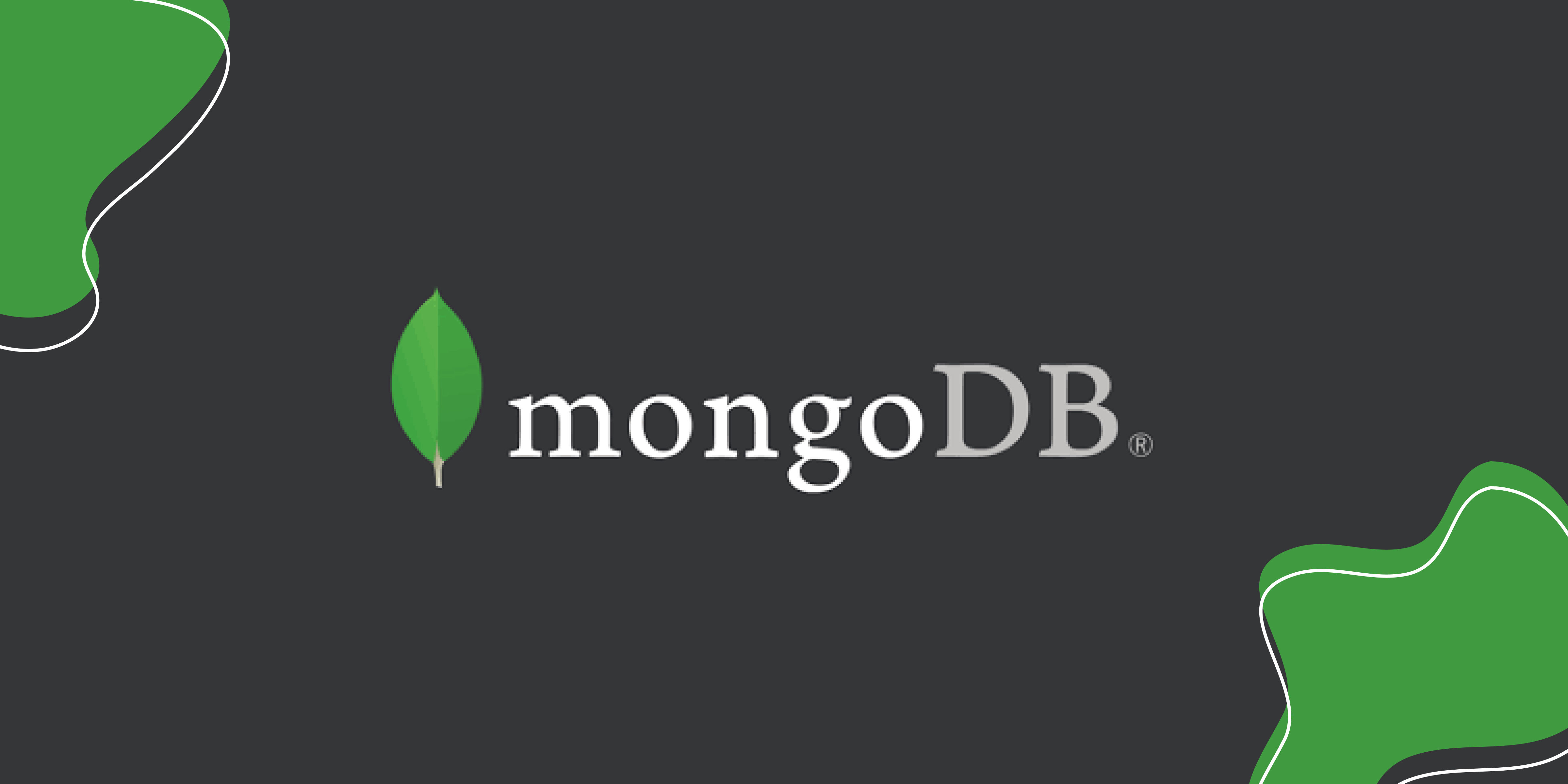Mongo Db & It’s Advantages

“Software eventually and necessarily gained the same respect as any other discipline.” - Margaret H. Hamilton
What is a Database?
To grasp the concept of databases, let us first understand what data is. Picture this: you have a set of information scattered across various papers. Now, to efficiently manage and access this information, you'd need a specialized tool or system, like a folder. Whenever you need to reference a specific piece of information, you simply consult that folder.
Data and databases function in much the same way. Here, data represents the information on those papers, while the database serves as our folder. Data, in this context, can consist of a wide array of information. The collection of such data, structured in a format understandable by computers, is what we refer to as a database. You can organize data into tables, rows, columns, and index it to make it easier to find relevant information. Database handlers create a database in such a way that only one set of software program provides access of data to all the users.
The main purpose of the database is to operate a large amount of information by storing, retrieving, and managing data. There are many dynamic websites on the World Wide Web nowadays which are handled through databases. For example, a model that checks the availability of rooms in a hotel. It is an example of a dynamic website that uses a database. There are many databases available like MySQL, Sybase, Oracle, MongoDB, Informix, PostgreSQL, SQL Server, etc.
What is MongoDB?
MongoDB is an open-source document-oriented database. Records in a MongoDB database are called documents, and the field values may include numbers, strings, Booleans, arrays, or even nested documents. MongoDB is used for high-volume data storage, helping organizations store large amounts of data while still performing rapidly. Organizations also use MongoDB for its ad-hoc queries, indexing, load balancing, aggregation, server-side JavaScript execution and other features.
It is categorized under the NoSQL (Not only SQL) database because the storage and retrieval of data in the MongoDB are not in the form of tables. Instead, as a NoSQL database, the MongoDB architecture is made up of collections and documents. Documents are made up of Key-value pairs -- MongoDB's basic unit of data. Collections, the equivalent of SQL tables, contain document sets.
Advantages of MongoDB
-
MongoDB stores data as JSON based document that does not enforce the schema. It allows us to store hierarchical data in a document. This makes it easy to store and retrieve data in an efficient manner. MongoDB provides tools to manage MongoDB databases.
-
MongoDB supports, the search by regex and fields as well. It can be run as windows service as well, with a good amount of documentation.
-
MongoDB is easy to scale up or down as per the requirement since it is a document-based database. MongoDB also allows us to split data across multiple servers. It also provides rich features like indexing, aggregation, file store, etc.
-
MongoDB performs fast with huge data & provides drivers to store and fetch data from different applications developed in different technologies such as C#, Java, Python, Node.js, etc.
We have offered our service to 77+ premium clients, & the ratings given by our clients imply that they are highly satisfied with the product and the after-sales services like 24/7 product support, partner benefits, etc. For reference you can visit https://www.laxaar.com/portfolio. To gather more information about the budget required for creation a website or mobile app kindly visit https://www.laxaar.com/quote to get a completely free quote or an estimate for the budget requirements to have a premium, well-designed website that can attract your target audience.
Consult us for free?
View More


